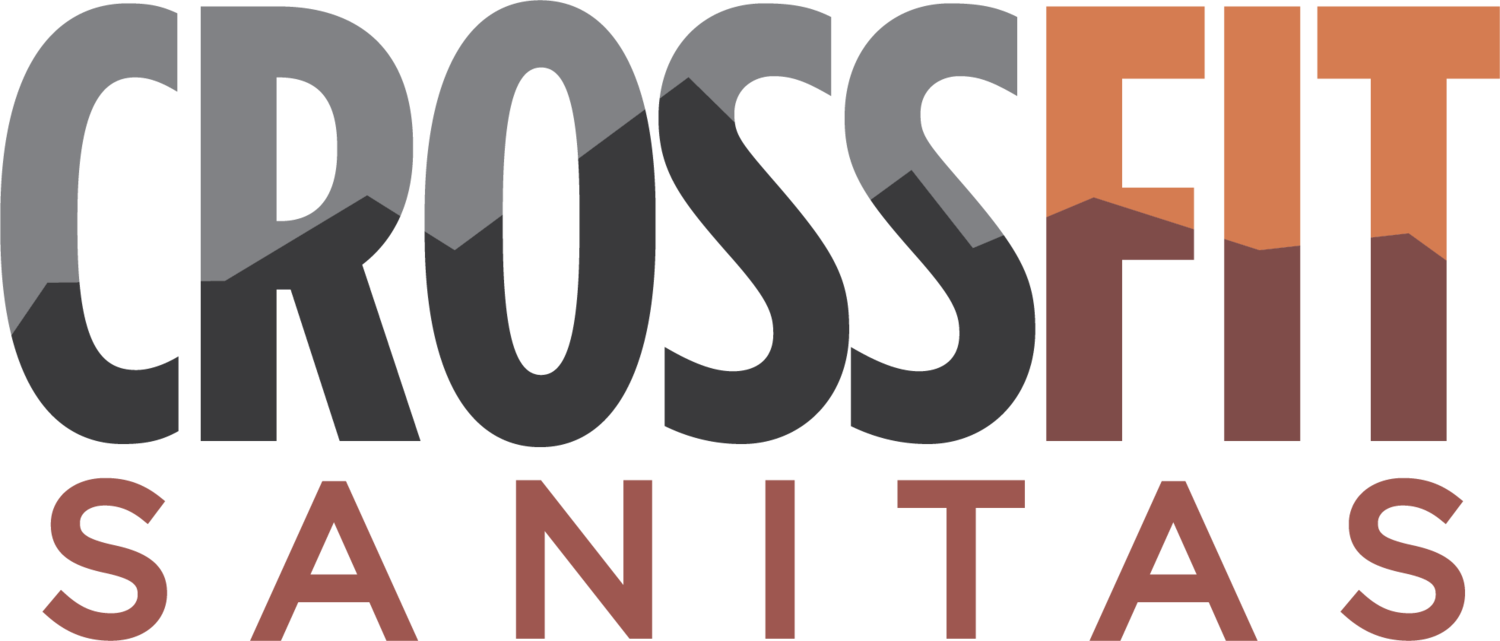A Simple Guide to Calculating Your Macronutrients
Starting to track your macros can be a bit overwhelming at first. How many calories do you need? Which macronutrient ratio is right for you? Finding the exact right ratio takes time and tweaking, but here's a simple how-to to get you started.
Optimizing Your Meals: Nutrient Timing for Muscle Gain And Fat Loss
Whether you're doing a Clean Challenge or just trying to get stronger, leaner, or feel better—what you eat, and when, matters. Quality food and appropriate portions come first. Once that’s dialed in, nutrient timing can help you get even better results.
Maximize Your CrossFit Recovery: What to Eat (and When) After You Train
You just crushed your WOD—but the work isn't done. If you want to build strength, recover faster, and come back stronger tomorrow, what you eat in the first 30–60 minutes post-workout matters just as much as the workout itself. Here’s exactly what to do to get the most out of your training…
Why You Might Not Be Losing Body Fat
For years, I stayed at the same body fat, frustrated with my lack of progress. No matter how hard I worked out, the needle never moved. Over the last few months, I've made some tweaks and I've lost 4% body fat and gained 2.5 pounds of muscle! The change? Fixing my timing, making sure I was eating enough, and ensuring it was the right stuff.
Meal Prep versus Food Prep: What's Best for You?
Meal prep and food prep may sound like the same thing, but there are slight differences between them. Depending on your environment, the busy-ness of your schedule, or the type of personality you have, one may work better for you than the other!
Counting Macros and Why You Should Try It!
If you're not familiar with "counting your macros," it's the process of monitoring and managing your daily intake of the three macronutrients: fat, carbohydrates and protein. Everyone has a different amount they should aim to eat based on goals, body composition, age, gender, level of training, and more.
How Grains, Dairy and Sugar Can Lead to Leaky Gut and Autoimmune Issues
Usually the most difficult things to cut out of someone's diet are grains, dairy, sugar and alcohol. So we thought we'd brush up on the basics behind why it's good to take a break from these. Read on because knowledge = power (or willpower in this case).
What happens when you eat too much sugar
Today we're starting to truly grasp the dramatic negative impact that refined added sugars have on our bodies. And it's not just that it will make you fat.
Glycemic Index vs. Glycemic Load
Both glycemic index and glycemic load measurements are useful. Glycemic load helps you select appropriate portion sizes, while glycemic index helps you differentiate between good and bad carbohydrate choices. This will help you select the best portion size, stabilize energy levels, and lift more weight to improve your strength.
Why Paleo Matters
Chris Kresser and Robb Wolf were here last Saturday and while it would be impossible to share everything they covered in 8 hours, this article covers a few important tidbits. Chris and Robb began by answering the question, why paleo? They later went into ways to change your diet to feel and perform better.










